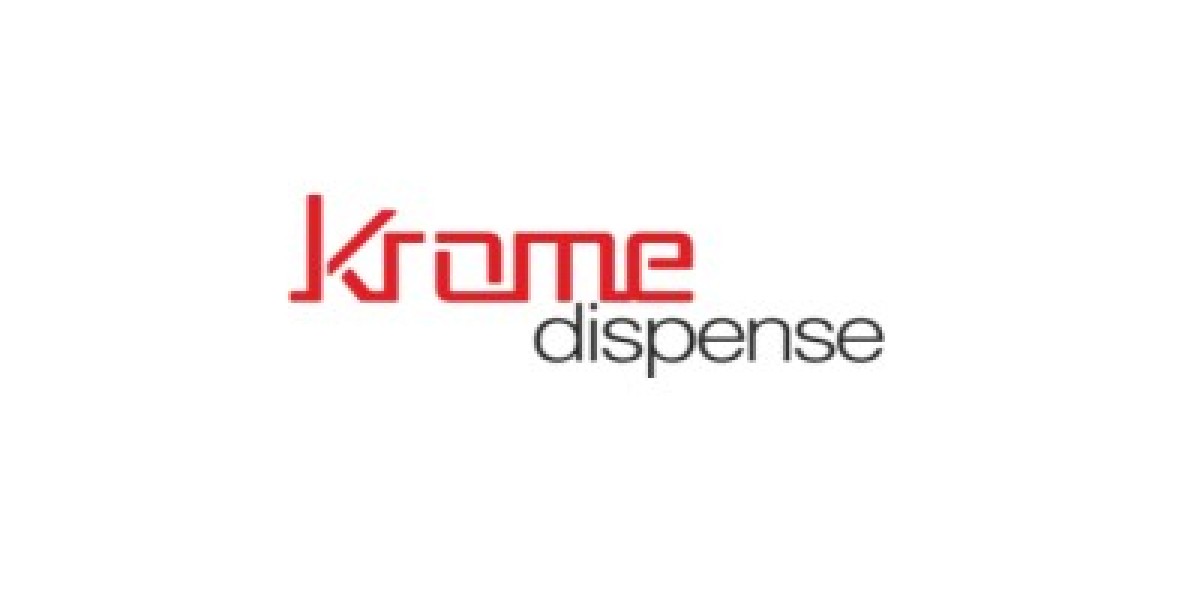Voice Recognition Market is valued at USD 9.11 Billion in 2018 and is expected to reach USD 26.86 Billion by 2025 with a CAGR of 16.71% over the forecast period.
Voice recognition technology has rapidly evolved in recent years, transforming the way we interact with our devices and the world around us. From virtual assistants to voice-controlled smart home devices, the applications of voice recognition are vast and continually expanding. Among the many players in this field, five companies stand out for their pioneering work and significant contributions to the advancement of voice recognition technology: Amazon, Apple Inc., Google LLC, Microsoft, and Nuance Communications.
Amazon (US)
Amazon's foray into voice recognition began with the launch of Amazon Echo in 2014, powered by its virtual assistant Alexa. Alexa quickly became one of the most popular voice assistants globally, seamlessly integrating into Amazon's ecosystem of products and services. Through continuous innovation and a robust developer platform, Amazon has expanded Alexa's capabilities to encompass a wide range of tasks, from playing music and controlling smart home devices to providing real-time information and even facilitating online shopping. With a growing number of third-party integrations and partnerships, Amazon remains a dominant force in the voice recognition market.
Apple Inc. (U.S.)
Apple revolutionized the mobile industry with the introduction of Siri, its voice-controlled virtual assistant, in 2011. Siri quickly became a staple feature of Apple devices, allowing users to perform various tasks hands-free using natural language commands. Over the years, Apple has invested heavily in enhancing Siri's intelligence and responsiveness, integrating it into an expanding array of products and services, including iPhones, iPads, Macs, and HomePods. With a focus on privacy and security, Apple has positioned Siri as a trusted voice assistant that prioritizes user data protection while delivering personalized experiences.
Google LLC (U.S.)
Google's entry into the voice recognition arena came with the launch of Google Assistant in 2016. Leveraging the company's expertise in artificial intelligence and natural language processing, Google Assistant offers users a powerful and intuitive voice interface across a diverse range of devices, including smartphones, smart speakers, and smart displays. With deep integration into Google's ecosystem of products and services, Google Assistant provides personalized assistance, contextual understanding, and seamless multitasking capabilities. Through continuous updates and improvements, Google remains at the forefront of voice recognition technology, driving innovation and shaping the future of human-computer interaction.
Get Updated Report: https://brandessenceresearch.com/blog/top-5-voice-recognition-companies-in-2022-driving-the-global-market
Microsoft
Microsoft has made significant strides in voice recognition technology with its virtual assistant, Cortana. Initially introduced in 2014 as part of the Windows operating system, Cortana has since expanded to other platforms, including smartphones, smart speakers, and productivity tools like Microsoft Office. While Cortana may not have achieved the same level of widespread adoption as some of its competitors, Microsoft continues to invest in advancing its voice recognition capabilities, particularly in enterprise solutions and AI-driven productivity enhancements. With its integration into Microsoft's suite of products and services, Cortana remains a key player in the voice recognition landscape.
Nuance Communications (U.S.)
Nuance Communications is a pioneer in speech recognition and natural language understanding technologies. With a focus on enterprise solutions and healthcare applications, Nuance has developed a suite of voice recognition products and services tailored to specific industries and use cases. From speech-to-text transcription and voice biometrics to virtual assistants and conversational AI platforms, Nuance's offerings empower organizations to enhance efficiency, improve customer experiences, and drive innovation. With a track record of innovation spanning several decades, Nuance continues to push the boundaries of voice recognition technology, shaping the future of human-machine interaction.
Conclusion:
The top five voice recognition companies—Amazon, Apple Inc., Google LLC, Microsoft, and Nuance Communications—have played instrumental roles in advancing the capabilities and accessibility of voice-controlled technologies. Through continuous innovation, strategic partnerships, and a commitment to user-centric design, these companies have transformed voice recognition from a novelty to a ubiquitous and indispensable feature of modern computing. As the technology continues to evolve, these companies are poised to lead the way, driving further innovation and shaping the future of human-computer interaction.








